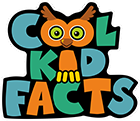Germany Facts
Germany means ‘genuine, of the same parents’ and is called Deutschland in German. Its capital is Berlin and the official language is German.
Amazingly it borders nine countries (Denmark, Austria, France and many others) – more than any other European country. It covers 134,838 square miles (349,223 square kilometres).
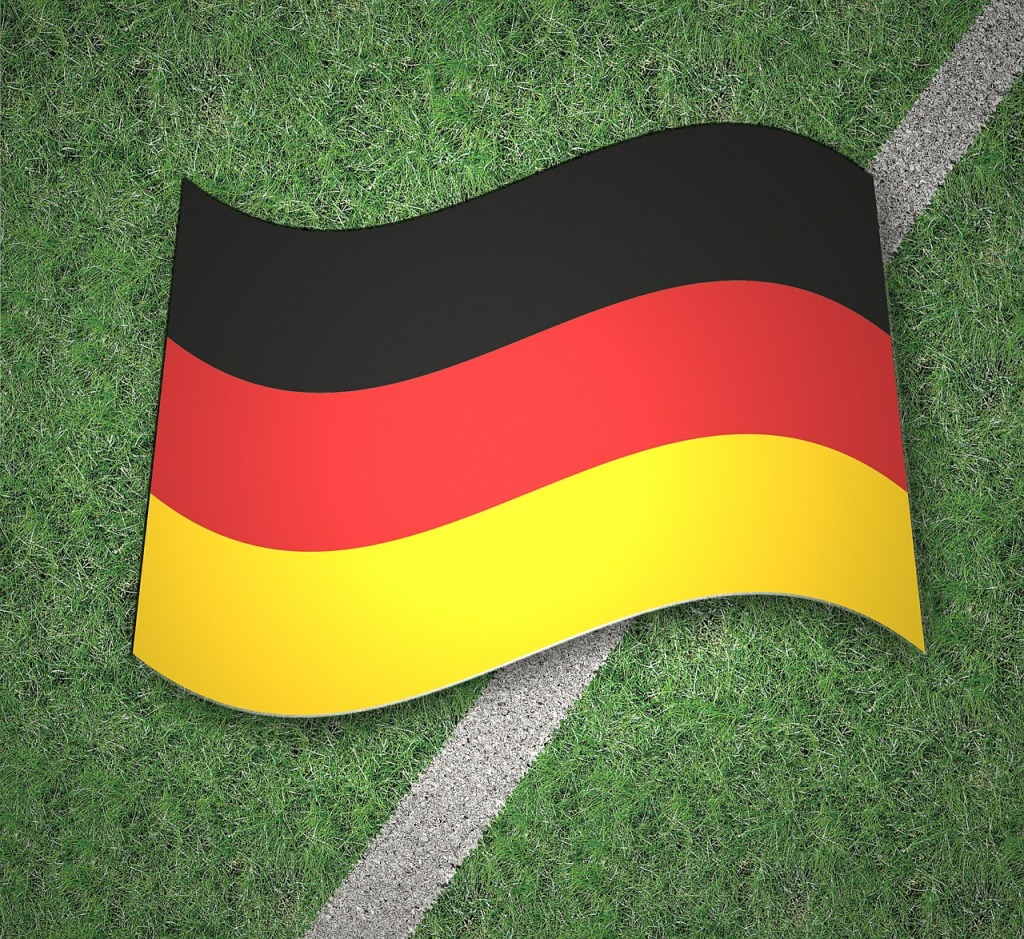
Germany’s population was 82,652,256 in July 2014, making it one of the most densely populated countries in the world.
Here we cover some fun facts about Germany!

Quick Germany Facts
- In Germany, a magazine was first published in 1663.
- Daylight saving time, or DST, commonly known as summer time, was originally used in Germany.
- The German language has 35 different dialects.
- Germans are the second largest beer consumers behind Irish people, who drink the most beer overall.
- Forests and other types of vegetation cover one-third of Germany.
- Throughout 2100 castles may be found all over Germany.
- Germany has the most zoos in the world with over 400.
- In Germany, there are more than 300 different varieties of bread.
Nature
Even though it’s heavily populated, 31% of the country is covered with forests and woodlands and gorgeous mountain tops.
Germany’s famous nature reserve, the Black Forest is near the Swiss border, which is a mountainous region of pines and fir trees, with wolves, wildcats, boar, ibex, wild pig, fox, deer and other large mammals.

The source of the famous Danube River is in the Black Forest and it’s one of Europe’s longest rivers.
There are 97 nature reserves in Germany. Now those would be cool to visit!
The government works really hard to protect the country’s wildlife but many species are at risk of extinction, including species of whales, beavers and minks.

History
Humans settled in northern Europe about 10,000 years ago, after the last Ice Age. The first language similar to modern German developed around 5,000 years ago.
It took thousands of years before Germany came into being.
Early Germany was a made up of a whole lot of small states ruled by dukes and kings. In 1871 it was all united by Otto von Bismarck.
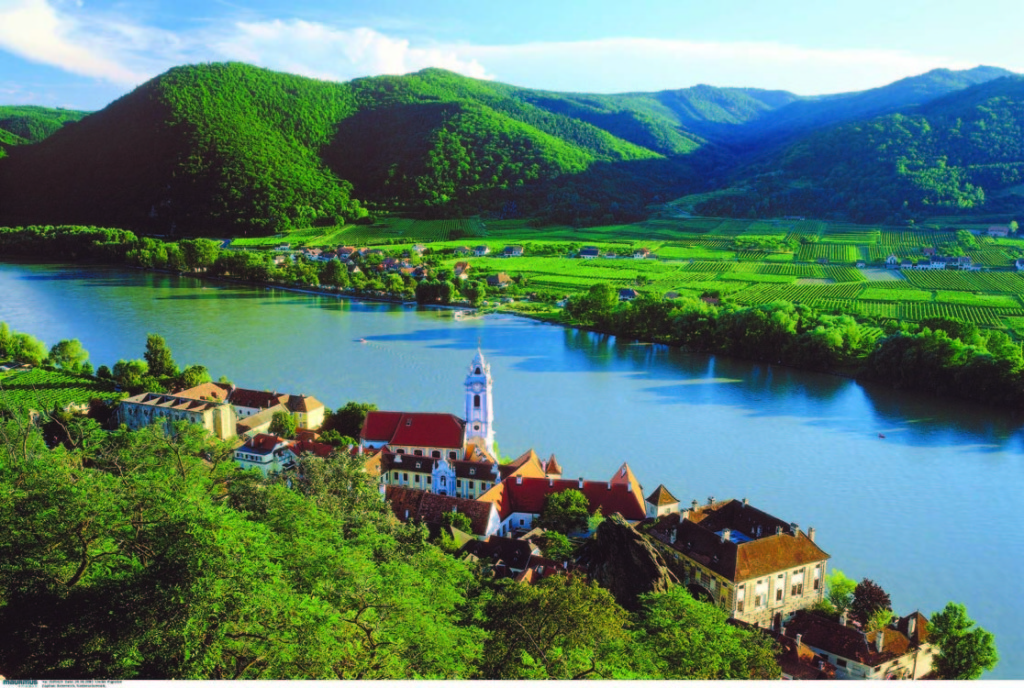
In the 19th century, Germany battled with other European countries to create colonies in Africa and Asia.
This led to World War I in 1914 and Germany lost the war to Britain, France and the United States.

Adolf Hitler and his Nazi Party came to power in 1933, as they promised to make Germany great again. Hitler started World War II.
After World War II, Germany divided into West and East which started a 44 year clash between the Soviet Union and Western powers, called the Cold War.
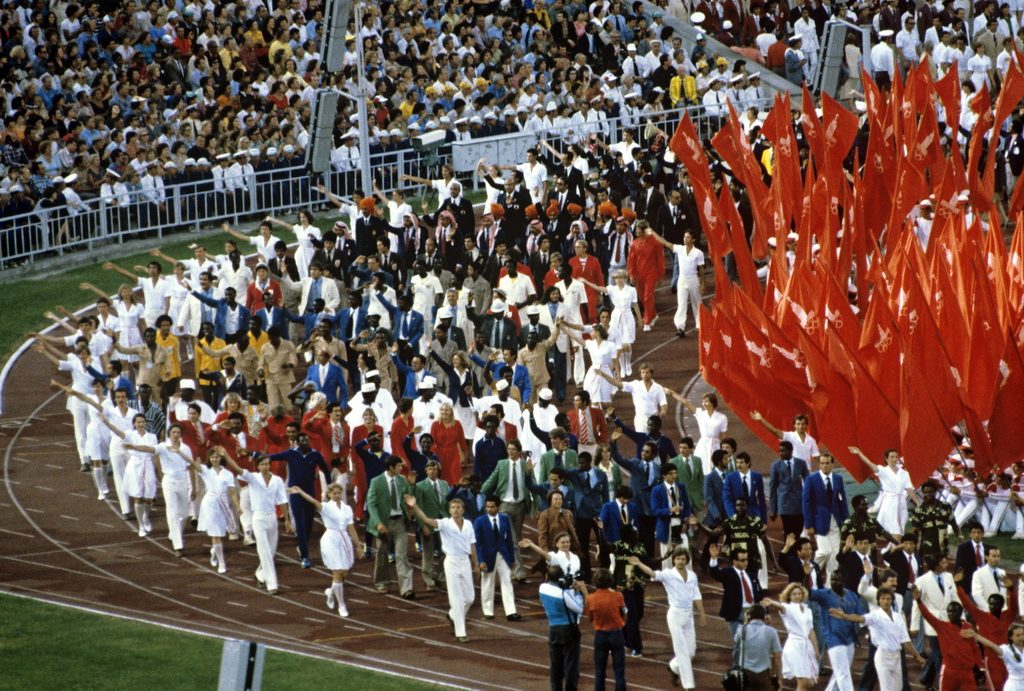
In 1989, East Germany opened its borders, the Cold War ended and East and West Germany were pulled together again in 1990. People from many foreign countries streamed into Germany.
People and Culture
Germany has been called the “Land of Poets and Thinkers” especially for its famous composers like Bach, Brahms, Schumann, Wagner and Beethoven.
Over 100 Germans have been awarded the Nobel Prize including Albert Einstein who was born in Germany.
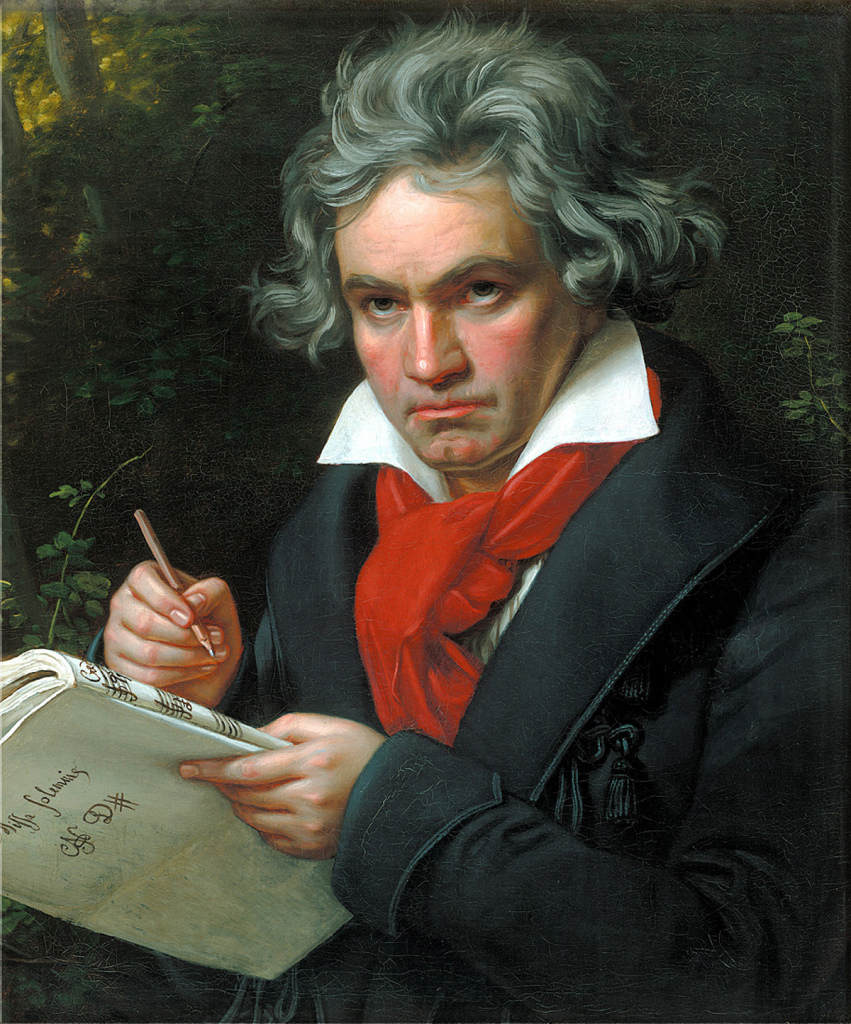
On special occasions, like the annual Oktoberfest Germans wear traditional costumes. This festival began in October 1810 when Prince Ludwig and Princess Therese got married.
They invited the whole town of Munich to a party. Every year since then, people celebrate the occasion with the Oktoberfest with a lot of music and dancing.
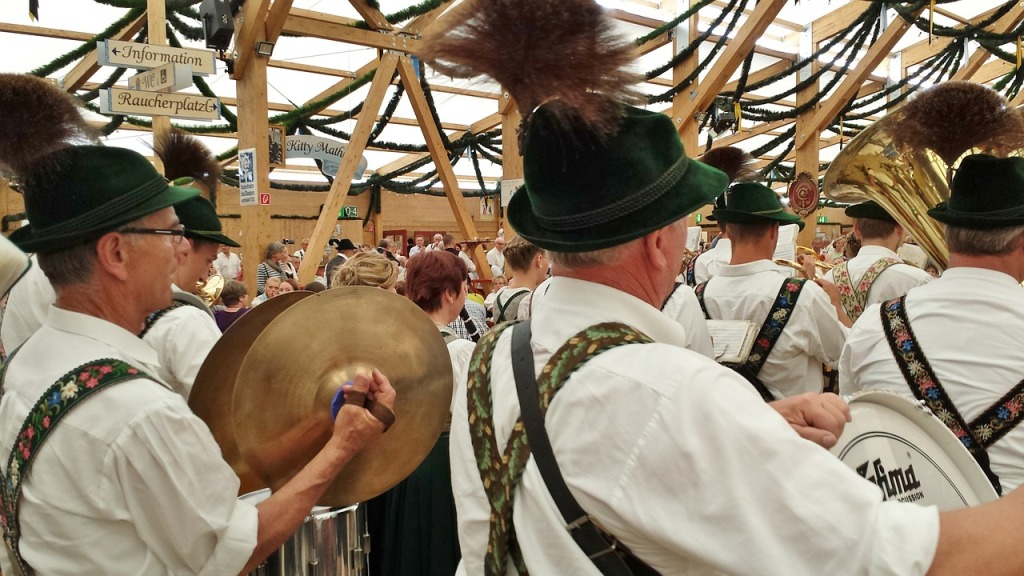
Economy
Germany is known for it’s cars, trucks, boats and electronics. Some of the most famous cars that come out of Germany are BMW, Mercedes-Benz, Audi and Volkswagen. they sure like their cars here!
Germany has important natural resources including copper, nickel, natural gas, uranium and coal.

German Foods
If you like sausages then Germany is the place to go. They’ve got over 1,000 varieties. They are also famous for the cheese, sauerkraut and bread.
A large meal is normally eaten at lunch time and a smaller meal in the evening. Their breakfasts are made up of cold meats, rolls, jam and cheese. Sounds yummy!
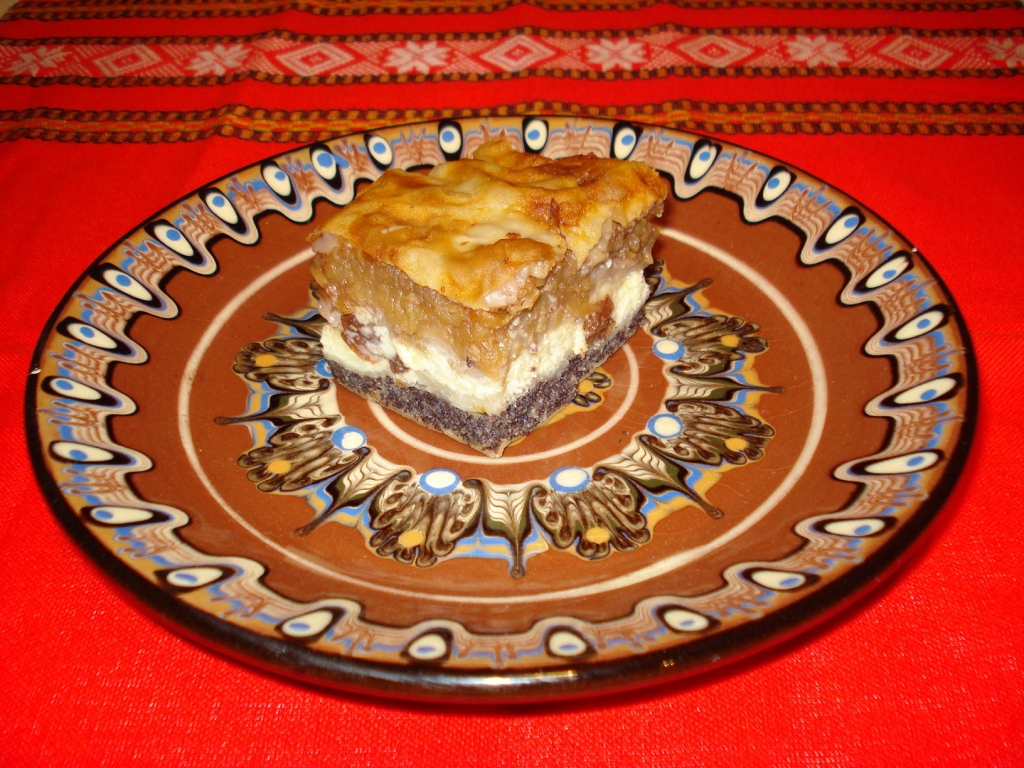
According to the Food Lover’s Companion, the name “hamburger” comes from the seaport town of Hamburg, Germany.
It is here where it is believed that 19th-century sailors brought back the idea of raw shredded beef (known today as beef tartar), after trading with the Baltic provinces of Russia!
So now you know where the hamburger comes from.

Sport
There are more football, or soccer to some, fan clubs in Germany than anywhere else in the world. Germany produces brilliant world athletes. They enjoy skiing, cycling, boating, and tennis.

More Interesting Facts about Germany
Germany has a major famous highway called the autobahn. It has no speed limit and cars like Porsche and BMW sports cars travel at 150 mph (250 kph). That is one speedy highway.

The working week in Germany includes Saturday. Oh no, that’s not cool.
When answering the phone, Germans first say their surname. That would be quite funny!
Germany has over 400 zoos, the most in the world! Wow, lots of animals to see!
Bears are More than Meets the Eye!
